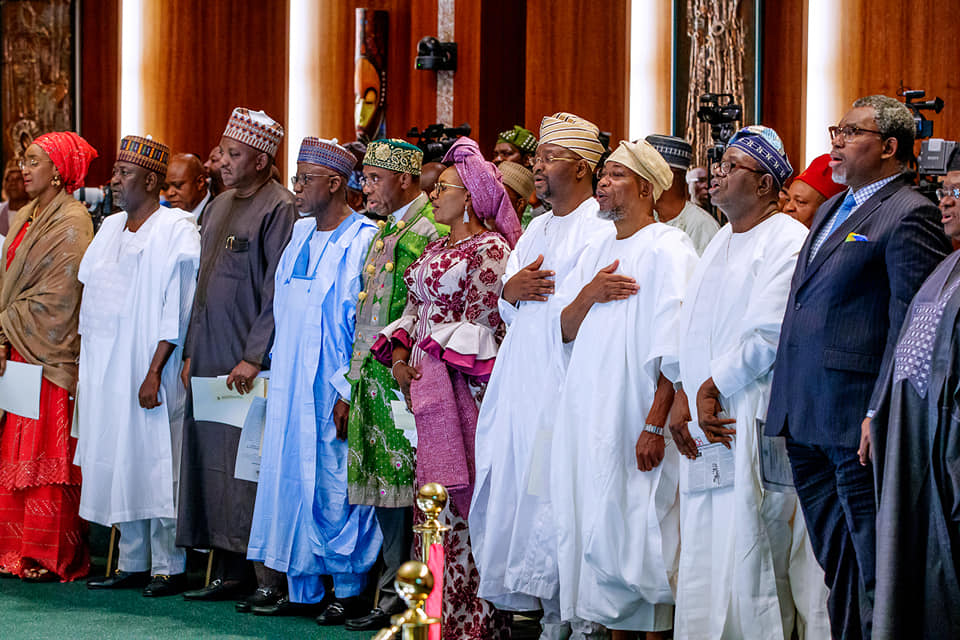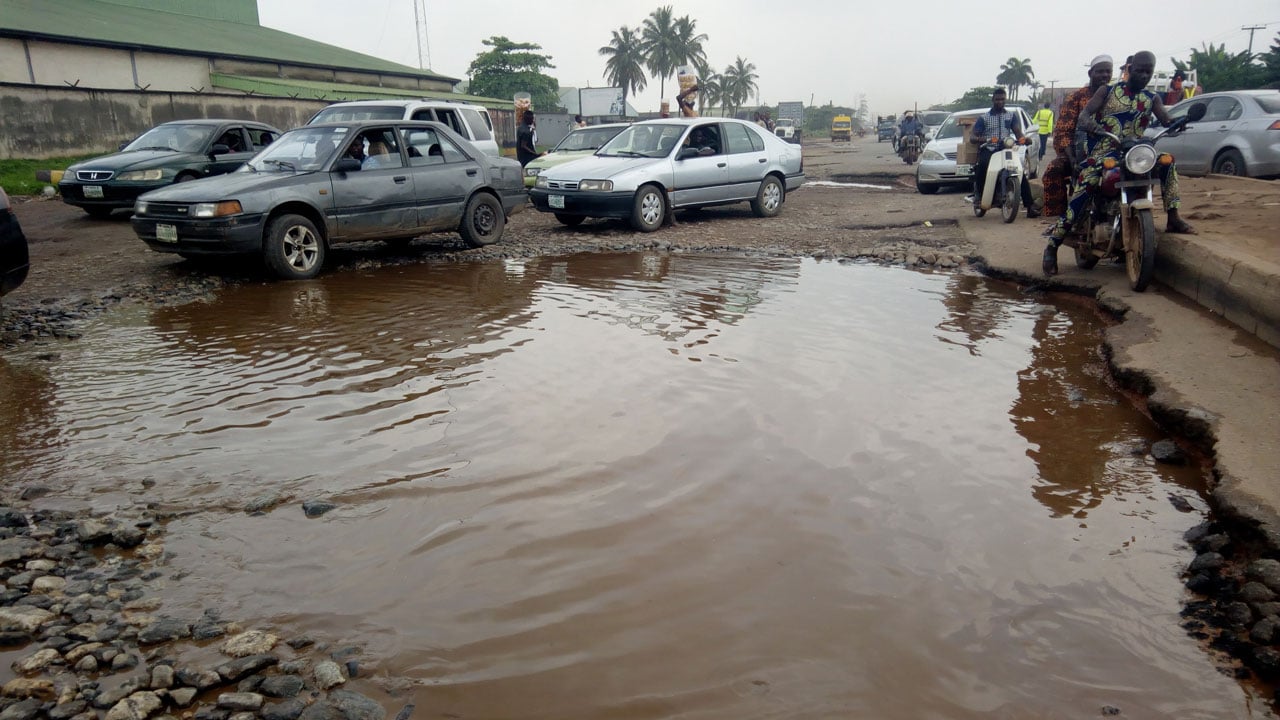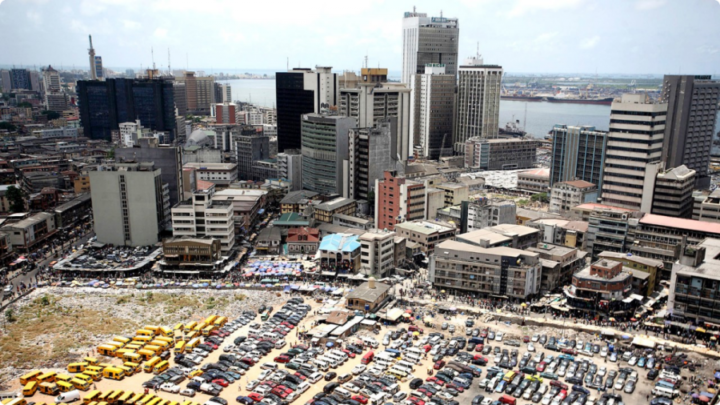A team of journalists once interviewed a senator. They asked him about ways to boost women participation in politics—in particular, the legislature. In an off-the-record response, he said he would rather not have women in politics.
His reason was that he believed a woman would not be able to withstand electioneering process, neither would she be able to cope with the nocturnal meetings that come with active participation in politics.
Which boils down to the age-long fragility-of-women argument. Where is the fragility in a woman who doesn’t break through nine months of pregnancy and excruciating labour pains?
It is not the first time a high-profile politician will dismiss women participation in public and policy decision making or deliberately stop such policies.
Advertisement
In 2018, a House of Representatives member for Kazaure/Roni/Gwiwa/Yankwashi constituency of Jigawa State, Gudaji Kazaure, objected to the call that women should be given more opportunities to participate in governance and decision making process.
He said they will “mess up” the country if given such opportunity.He went on to acknowledge that women are the domestic workers and caregivers both for the husband and children but they should not be given “too much” opportunities.

Advertisement
Kazaure,who spoke for over five minutes said he was voted by 60 to 70 percent women, therefore if the women are enlightened and given opportunities, they would vote for their choice and “they would gather more women and vote me out”.
The hinge of his argument was that women already control the home therefore they should not be given opportunities “outside” (political), as“If given more chance, one day they will overthrow us”, Kazaure said.
The Policy & Decision Makers
This mindset probably accounts for the negligible number of female political office holders and decision makers in Nigeria. Over the years there have been no improvement in the number of female lawmakers in the National Assembly.
Advertisement
A look at the last three election cycles shows that in the 7th Assembly, The Red Chamber had eight female out of 109 senators, a mere seven percent.
The 8th Assembly, which started in 2015, was not better: the proportion of women fell by 12.5%, down to six percent with only seven female senators.
Also the incoming 9th assembly saw no improvement as it maintained the same number of seven female senators. The numbers from the Green Chambers are no different.
Having more women in parliament is important because,“Globally, it has been recognized that inclusivity in political participation is a fundamental aspect of modern democracy. Improved representation of women has been shown to have benefits such as improved policy changes, economic growth, enhanced peace building and a more egalitarian society,” says Policy and Legal Advocacy Centre, PLAC, on low representation of women in politics.
Advertisement
According to Youth Initiative for Advocacy, Growth & Advancement, YIAGA, out of 2,970 women who ran for various offices in the 2019 general elections, only 57 were elected, which represents 3.83 per cent of all the positions in the country.
The under representation of women at different levels means that leaders who share Kazaure’s sentiment would always have their way by making the entry bar higher for women.
Advertisement
The Global scale
The reduction in female representation in Nigeria is coming at a time when countries around the world are seeing phenomenal increase.
Advertisement

For instance, the 116th US congress had an unprecedented number of women—102 in the House and 23 in the Senate, which is about 24 percent of all the seats, a US outlet, Quartz, reported.
Advertisement
In addition the World Bank data on proportion of seats held by women in national parliaments as at 2018 shows Nigeria in the rear with 5.6 percent when compared with South Africa (42.3 percent), United states (19.6%), Ghana (12.7 percent).
Missed Opportunities
For women to be able to get to decision making and influential levels in society, they need many things, one of which is education.
Daily Trust newspaper ran a report on how girls miss out on education due to serial cases of rape enroute school. The report “Abuja communities where girls are raped en route school” followed the stories of girls who had to abandon school because they became pregnant as a result of rape or fear of being raped.
Between Jan 2018 to March 2019 there have been 253 cases of rape with the bulk of it being female victims between the ages of seven and 16.
According to a 2016 data from World Bank, World Development Indicators in low income countries show that less than two-thirds of girls (65 percent) complete their primary education, and only one in three (34.4 percent) completes lower secondary school.
The bank in a 2018 report ‘Missed Opportunities: The High Cost of Not Educating Girls’ said not educating girls globally costs between USD 15 to USD 30 trillion.
The 64-page report said,“The loss inhuman capital wealth incurred today because many adult women did not benefit in their youth from universal secondary education (defined as 12 years of schooling) is estimated to range between US$ 15 trillion to US$ 30 trillion globally.”
It highlighted some of the barriers to include: “Poor learning outcomes and cost”,“Lack of nearby secondary schools”, “Forced withdrawal of married adolescents”, among others.
Lack of education has high potential costs for boys and girls alike in terms of lost earnings, it said,“But not educating girls is especially costly in part because of the relationships between educational attainment,child marriage, and early childbearing, and the risks that they entail for young mothers and their children.
“Low educational attainment for girls also have negative negative consequences their children, household, community and society as it reduces expected earnings in adulthood, and it depresses labor force participation, leading to lower standards of living.
The report added that Girls who drop out of school also suffer in adulthood from a lack of agency and decision-making ability within the household, and in society more generally.
The war on women
It is often touted that now is the best time to be female in the world because due to enlightenment and giant strides achieved in women empowerment they have ample choices from one extreme end of the spectrum ‘Feminist Nazi’ to the other extreme of the spectrum ‘patriarchy princess’ with so many hues in between.
This does not seem to be the case in Nigeria as there seems to be a covert and overt war on women.
It is not an uncommon trend for a woman to be groped or called a prostitute for not patronizing a seller in major markets, in response “Market March” staged a protest in Yaba Lagos State and started a petition which has garnered over 40,000 signatures. Still, very little has changed.
Who do we expect to enforce this change when in the second quarter of 2019, a government board in Abuja with the help of security agencies raided a night club and labelled all the women sighted as prostitutes and arrested them.
The curious thing is that the men who were at the scenes of the raid were not arrested. The ‘curiouser’ thing is that reports came out detailing how security operatives raped these women in custody.
Views expressed by contributors are strictly personal and not of TheCable.
Add a comment







